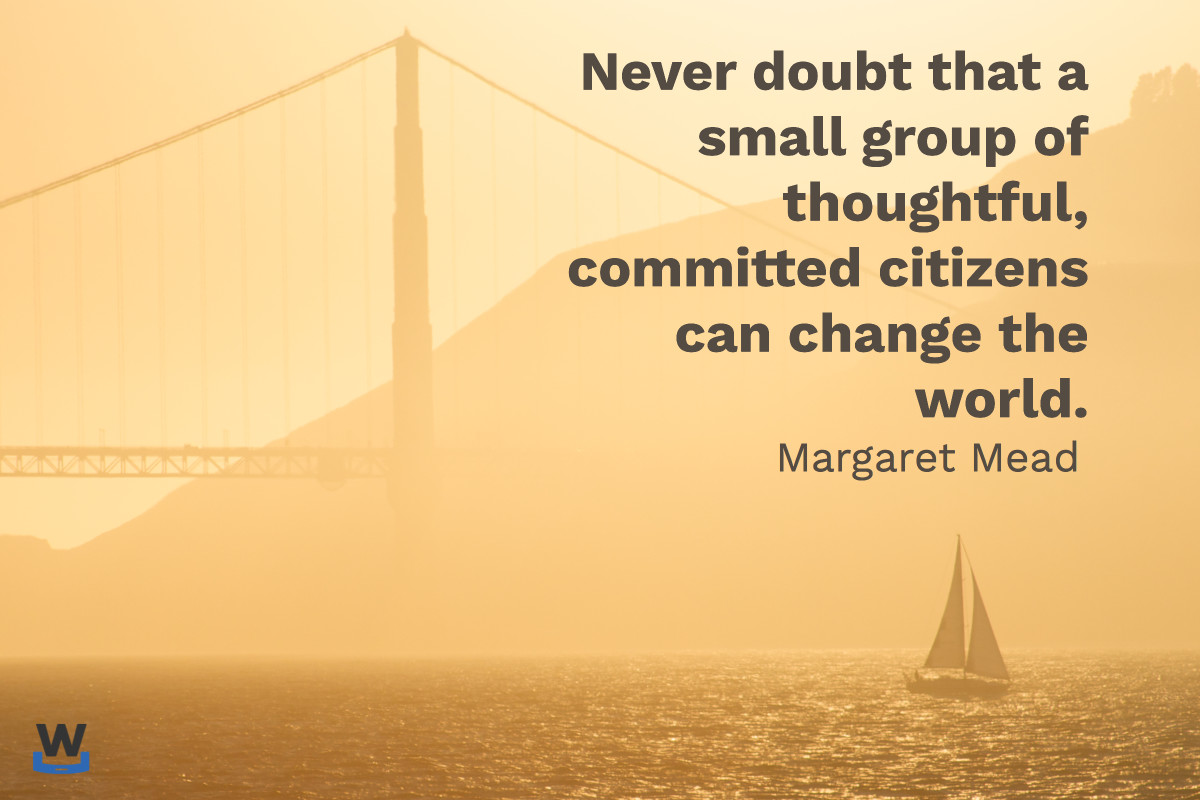September 2016: The month in email
Happy October, everyone. As we prepare to head to London for the Email Innovations Summit, we’re taking a look back at our busy September. As always, we welcome your feedback, questions, and amusing anecdotes. Seriously, we could use some amusing anecdotes. Or cat pictures.

We continued to discuss the ongoing abuse and the larger issues raised by attacks across the larger internet infrastructure. It’s important to note that even when these attacks aren’t specifically targeting email senders, security issues affect all of us. It’s important for email marketers to understand that increased attacks do affect how customers view the email channel, and senders must take extra care to avoid the appearance of spam, phishing, or other fraudulent activity. I summarized some of the subscription form abuse issues that we’re seeing across the web, and noted responses from Spamhaus and others involved in fighting this abuse. We’re working closely with ESPs and policy groups to continue to document, analyze and strategize best practices to provide industry-wide responses to these attacks.
I was pleased to note that Google is stepping up with a new program, Project Shield, to help journalists and others who are being targeted by these attacks by providing hosting and DDoS protections.
I’m also delighted to see some significant improvements in email client interactions and user experiences. I wrote a bit about some of those here, and I added my thoughts to Al’s discussion of a new user interaction around unsubscribing in the iOS 10 mail client, and I’ll be curious to see how this plays out across other mail clients.
For our best practices coverage, Steve wrote about global suppression lists, and the ways these are used properly and improperly to prevent mail to certain addresses. I wrote about using the proper pathways and workflows to report abuse and get help with problems. I also wrote about the ways in which incentivizing address collection leads to fraud. This is something we really need to take seriously — the problem is more significant than some bad addresses cluttering up your lists. It contributes to the larger landscape of fraud and abuse online, and we need to figure out better ways to build sustainable email programs.
Is there such a thing as a perfect email? I revisited a post from 2011 and noted, as always, that a perfect email is less about technology and more about making sure that the communication is wanted and expected by the recipient. I know I sound like a broken record on this point (or whatever the 21st century equivalent metaphor of a broken record is….) but it’s something that bears repeating as marketers continue to evolve email programs.
We had a bit of a discussion about how senders try to negotiate anti-spam policies with their ESPs. Is this something you’ve experienced, either as a sender or an ESP?
In Ask Laura, I covered shared IP addresses and tagged email addresses, questions I get fairly frequently from marketers as they enhance their lists and manage their email infrastructures. As always, we welcome your questions on all things email delivery related.

